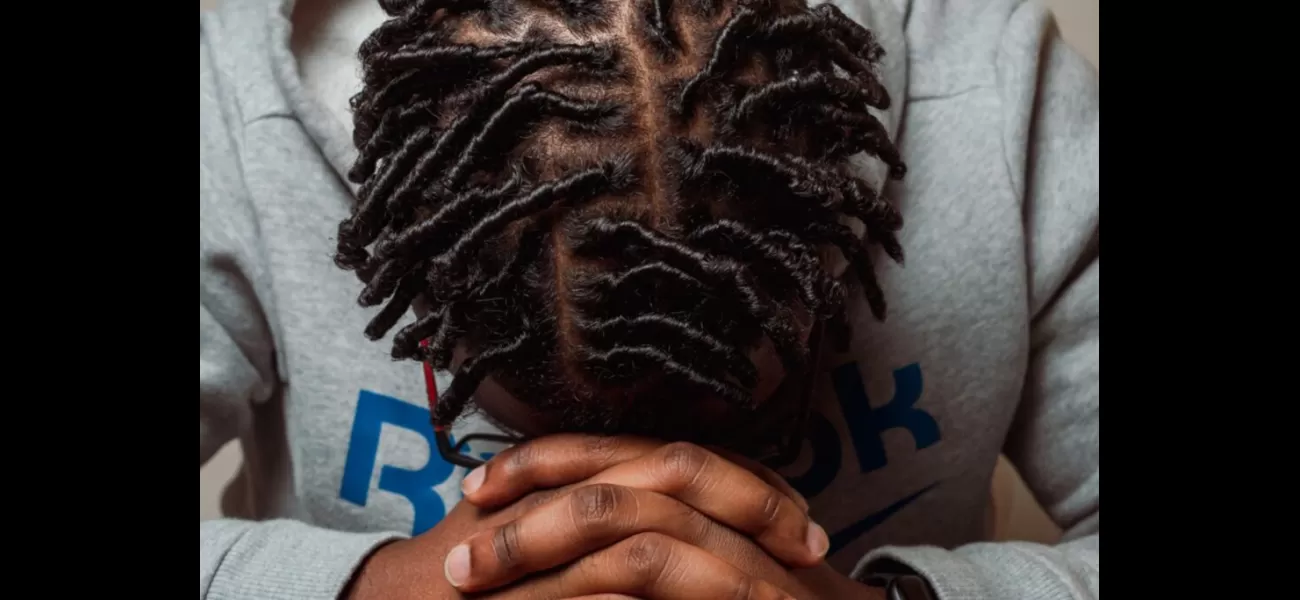Student suspended for wearing locs in school is in a standoff with school district over policy.
People are still debating the merits of different hairstyles.
December 20th 2023.

Texas high school student Darryl George is embroiled in a legal battle after he was disciplined by his school for refusing to cut his locs. George, a Black student, argued that his hairstyle did not violate any rules. His family has filed lawsuits alleging that his punishment violates the recently passed CROWN Act, which was signed into law in Texas in September. The act prevents discrimination against hairstyles based on hair texture and styles, such as braids, dreadlocks, and Bantu knots.
George was removed from the classroom in August because his locs were said to be below his eyebrows and earlobes, which was in violation of the district's dress code. He was then sent to an offsite disciplinary program and recently returned to in-school suspension. His attorney, Allie Booker, worries the result may be his expulsion. Booker says George is “not going to break” and refuses to cut his hair.
At a court hearing on Dec. 13, Barbers Hill School District attorney Jonathan Brush said the district has always had hair restrictions for male students, but “locs have always been permitted.” The family has filed a formal complaint with the Texas Education Agency and a federal civil rights lawsuit against Gov. Abbott, Attorney General Paxton, and the school district.
The lawsuit is now in the hands of a federal judge in Houston, and the legal case remains at a standstill as various motions await a ruling. Booker cannot file for an injunction to halt George’s punishment until the judge rules on the other motions.
Meanwhile, George remains separated from regular classes all because of his locs. Advocates such as Jaleesa Reed, a professor at Cornell University, argue that attempts to control Black hair expression show the need for the CROWN Act at the federal level. Reed believes some efforts to control Black hair expression are made through policies such as the ones enacted by the Barbers Hill School District. She believes, “Rather than punishing students, providing opportunities to learn more about cultural hairstyles could enrich the learning environment and foster acceptance of differences.”
William Sherman, a Washington D.C. attorney and legal strategist for the CROWN Act, said that George’s hairstyle, which does not “fit the Eurocentric ideal of neat and clean,” has led to him being “denied” an education. This case underscores the need for the CROWN Act to be enacted at the federal level to protect Black students from race-based hair discrimination in schools.
George was removed from the classroom in August because his locs were said to be below his eyebrows and earlobes, which was in violation of the district's dress code. He was then sent to an offsite disciplinary program and recently returned to in-school suspension. His attorney, Allie Booker, worries the result may be his expulsion. Booker says George is “not going to break” and refuses to cut his hair.
At a court hearing on Dec. 13, Barbers Hill School District attorney Jonathan Brush said the district has always had hair restrictions for male students, but “locs have always been permitted.” The family has filed a formal complaint with the Texas Education Agency and a federal civil rights lawsuit against Gov. Abbott, Attorney General Paxton, and the school district.
The lawsuit is now in the hands of a federal judge in Houston, and the legal case remains at a standstill as various motions await a ruling. Booker cannot file for an injunction to halt George’s punishment until the judge rules on the other motions.
Meanwhile, George remains separated from regular classes all because of his locs. Advocates such as Jaleesa Reed, a professor at Cornell University, argue that attempts to control Black hair expression show the need for the CROWN Act at the federal level. Reed believes some efforts to control Black hair expression are made through policies such as the ones enacted by the Barbers Hill School District. She believes, “Rather than punishing students, providing opportunities to learn more about cultural hairstyles could enrich the learning environment and foster acceptance of differences.”
William Sherman, a Washington D.C. attorney and legal strategist for the CROWN Act, said that George’s hairstyle, which does not “fit the Eurocentric ideal of neat and clean,” has led to him being “denied” an education. This case underscores the need for the CROWN Act to be enacted at the federal level to protect Black students from race-based hair discrimination in schools.
[This article has been trending online recently and has been generated with AI. Your feed is customized.]
[Generative AI is experimental.]
0
0
Submit Comment





